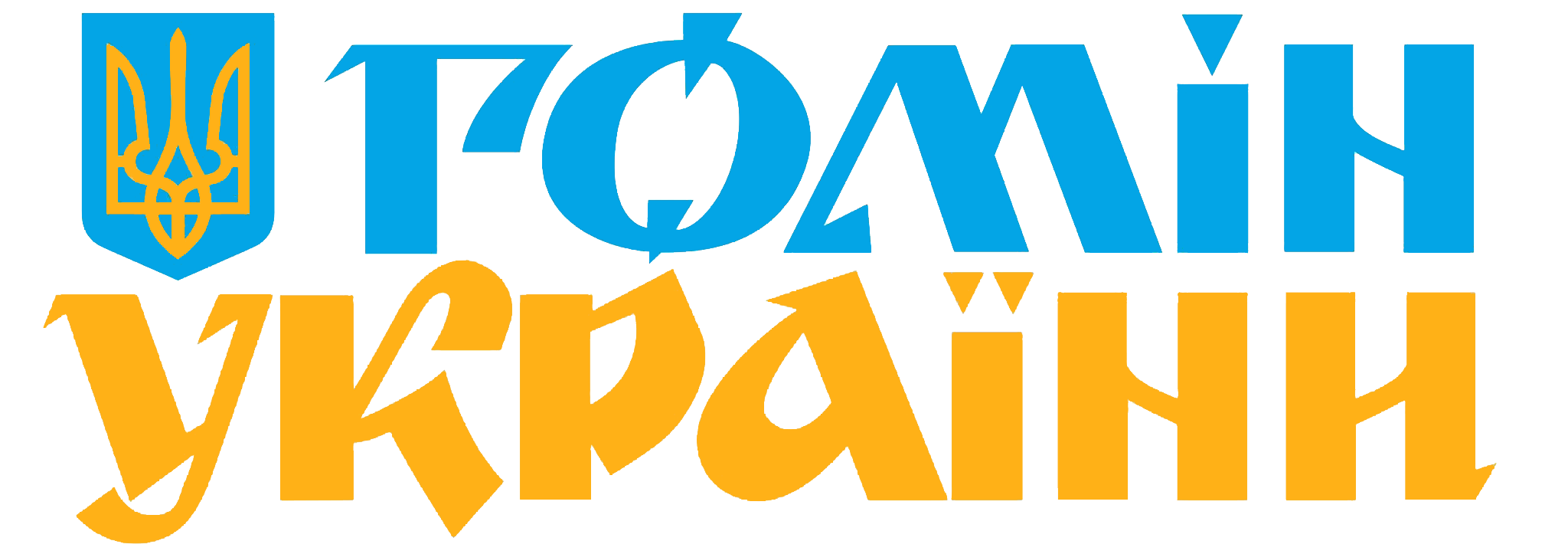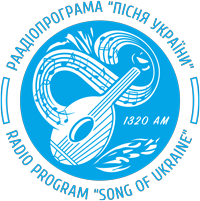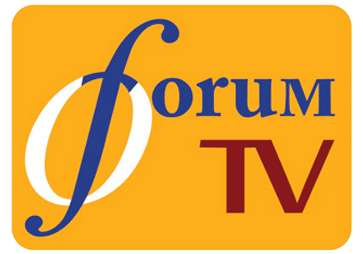Останнє оновлення: 26/08/2024
Ласкаво просимо на сайт «Гомін України», який належить “Homin Ukrainy” Publishing Co. Ltd..
Ми прагнемо захищати вашу конфіденційність і гарантувати, що ваша особиста інформація обробляється безпечним і відповідальним способом. Ця Політика конфіденційності пояснює, як ми збираємо, використовуємо, розкриваємо та захищаємо вашу інформацію, коли ви відвідуєте наш веб-сайт. Будь ласка, уважно прочитайте цю політику, щоб зрозуміти наші погляди та практику щодо ваших особистих даних і способи їх обробки.
1. Інформація, яку ми збираємо
Особиста інформація:
Коли ви заповнюєте форми на нашому веб-сайті, наприклад розміщуєте оголошення чи робите запит на рекламу, ми можемо збирати особисту інформацію, таку як ваше ім’я, номер телефону, адреса електронної пошти, назва організації.
Неособиста інформація:
Ми також можемо збирати неособисту інформацію, наприклад інформацію про браузер, інформацію про пристрій та IP-адреси, для покращення нашого веб-сайту та послуг.
Платіжна інформація:
– Хоча ми використовуємо інтегровані платіжні системи, такі як Stripe, для обробки платежів, ми не збираємо та не зберігаємо жодної фінансової інформації, включаючи дані кредитної картки. Усі транзакції безпечно обробляються цими сторонніми платіжними системами.
Автоматично зібрана інформація:
– Ми використовуємо Google Tag Manager, Google Analytics, Google Ads та інші, щоб автоматично збирати певну інформацію, наприклад вашу IP-адресу, тип браузера, операційну систему та іншу технічну інформацію, яка допомагає нам покращувати наші послуги та надавати персоналізований вміст.
2. Як ми використовуємо вашу інформацію
Ми можемо використовувати отриману від вас інформацію в такі способи:
– Для персоналізації та покращення вашого досвіду на нашому веб-сайті.
– Для обробки та відповіді на ваші запити на оголошення та рекламу.
– Для управління та полегшення платежів через сторонні платіжні системи.
– Щоб надсилати вам інформаційні бюлетені та інші маркетингові повідомлення, якщо ви на них підписалися.
– Для відображення відео- та аудіоконтенту, що також може передбачати збір інформації користувача через інтегровані платформи.
– Для аналізу відвідуваності веб-сайту та поведінки користувачів для покращення наших послуг.
– Для вдосконалення та підтримки нашого веб-сайту та послуг.
– Для виконання наших юридичних та нормативних зобов’язань.
3. Сторонні послуги
Ми можемо надавати вашу інформацію стороннім постачальникам послуг, зокрема:
– Google Analytics: для відстеження та аналізу трафіку веб-сайту та поведінки користувачів.
– Менеджер тегів Google: для керування та розгортання маркетингових тегів на нашому веб-сайті.
– Google Ads: для рекламних і маркетингових цілей.
– Платіжні процесори (наприклад, Stripe): для безпечної обробки платежів.
– Послуги маркетингу електронною поштою: для керування інформаційними бюлетенями та іншою електронною поштою.
Крім того, інші сторонні системи, інтегровані на наш веб-сайт, можуть збирати анонімні дані для покращення продуктивності своїх послуг. Ці дані можуть включати, але не обмежуючись цим, інформацію про пристрій, моделі веб-перегляду та взаємодію з вмістом. Ці треті сторони можуть збирати та обробляти особисту та анонімну інформацію, як описано в їхніх власних політиках конфіденційності.
4. Безпека даних
Ми застосовуємо різноманітні заходи безпеки, щоб забезпечити безпеку вашої особистої інформації. Однак майте на увазі, що жоден метод передачі через Інтернет або електронне зберігання не є повністю безпечним, і ми не можемо гарантувати абсолютну безпеку.
5. Права користувача
Якщо ви перебуваєте в Північній Америці, ви можете мати певні права щодо вашої особистої інформації, зокрема:
– Право на доступ до вашої особистої інформації, яку ми зберігаємо.
– Право вимагати виправлення або видалення вашої особистої інформації.
– Право відмовитися від маркетингових комунікацій у будь-який час.
Щоб скористатися цими правами, зв’яжіться з нами за адресою [Контактна інформація].
6. Файли cookie та технології відстеження
Наш веб-сайт використовує файли cookie та інші технології відстеження, щоб покращити ваш досвід і збирати інформацію про відвідувачів і відвідування нашого веб-сайту. Ви можете вибрати, щоб ваш комп’ютер попереджав вас щоразу, коли надсилається файл cookie, або ви можете вимкнути всі файли cookie. Кожен веб-переглядач дещо відрізняється, тому перегляньте меню «Довідка» свого веб-переглядача, щоб дізнатися, як правильно змінювати файли cookie.
7. Обмін інформацією
Ми можемо надавати вашу особисту інформацію таким сторонам:
Постачальники послуг: ми можемо надати вашу інформацію надійним стороннім постачальникам послуг, які допомагати нам у обробці заявок на гранти, покращенні наших послуг або виконанні інших завдань функції.
Юридичні зобов’язання: ми можемо розкрити вашу інформацію для дотримання юридичних зобов’язань, державних запитів або для захисту наших прав і безпеки. З вашої згоди: ми отримаємо вашу згоду, перш ніж надавати вашу інформацію іншим особам мета.
8. Зміни в цій Політиці конфіденційності
Ми можемо час від часу оновлювати цю Політику конфіденційності, щоб відобразити зміни в нашій практиці або з інших операційних, юридичних чи нормативних причин. Будь-які зміни буде опубліковано на цій сторінці, а дата «Останнього оновлення» буде відповідно переглянута.
9. Зв’яжіться з нами
Якщо у вас є будь-які запитання щодо цієї Політики конфіденційності або наших методів забезпечення конфіденційності, зв’яжіться з нами за адресою:
“Homin Ukrainy” Publishing Co. Ltd.
9 Plastics Ave. Toronto ON M8Z 4B6
Tel.: (416) 516-2443
Fax.: (416) 516-4033
info[at]homin.ca






